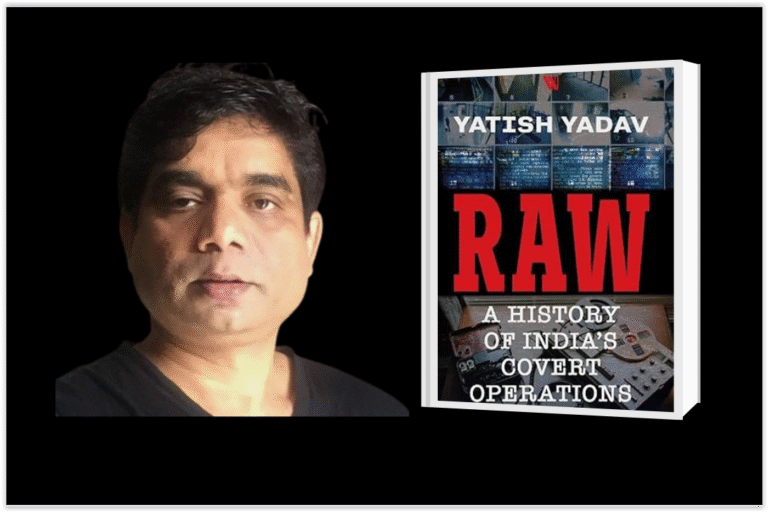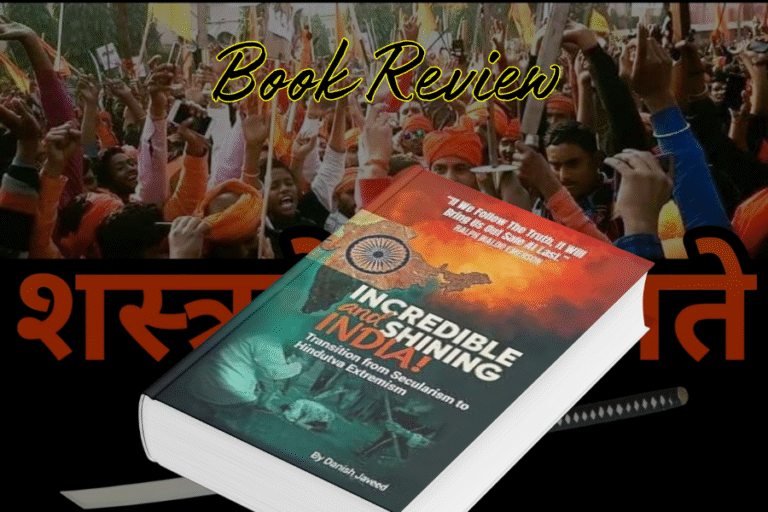Overview
Deep Work: Rules for Focused Success in a Distracted World by Cal Newport is a compelling exploration of the value of intense, uninterrupted focus in an age dominated by distractions. Published in 2016, the book argues that deep work—cognitively demanding tasks performed with complete concentration—produces exceptional results and is increasingly rare in today’s hyper-connected, multitasking culture. Newport, a computer science professor and productivity expert, draws on research, historical examples, and practical insights to present a framework for cultivating deep work and achieving meaningful professional and personal outcomes.
Summary
Newport divides the book into two parts: the case for deep work and actionable strategies to implement it. In the first part, he establishes why deep work is both valuable and rare. He contrasts it with “shallow work”—tasks that are low-value, easily replicable, and often performed while distracted. Newport argues that in a knowledge economy, the ability to master complex skills and produce high-quality work quickly gives individuals a competitive edge. He cites examples like Carl Jung, who retreated to a secluded tower to produce groundbreaking psychological theories, to illustrate the power of sustained focus.
The second part offers practical advice for integrating deep work into one’s life. Newport proposes four key rules:
- Work Deeply: Create routines and rituals to minimize distractions, such as scheduling deep work sessions and designing distraction-free environments.
- Embrace Boredom: Train your mind to tolerate periods of low stimulation to strengthen focus and resist the pull of distractions like social media.
- Quit Social Media: Critically evaluate the necessity of digital tools and eliminate those that fragment attention.
- Drain the Shallows: Reduce time spent on low-value tasks to prioritize deep work.
Each rule is supported by actionable strategies, such as time-blocking, meditation-like focus exercises, and setting clear boundaries for digital device use.
Strengths
Newport’s writing is clear, engaging, and well-structured, making complex ideas accessible. His use of real-world examples—ranging from historical figures like Jung to modern professionals like programmers—grounds the concept of deep work in relatable contexts. The book’s evidence-based approach, drawing on cognitive science and productivity research, lends credibility to his arguments. For instance, Newport references studies showing how multitasking reduces cognitive performance, reinforcing the need for focused effort.
The practical strategies are a standout feature. Newport doesn’t just advocate for deep work; he provides a roadmap to achieve it. His suggestions, like scheduling every minute of the day or practicing “productive meditation” (thinking deeply about a problem during a walk), are specific and adaptable to various professions. The book also resonates with readers who feel overwhelmed by constant notifications and fragmented schedules, offering a timely antidote to digital overload.
Weaknesses
While Deep Work is persuasive, it has limitations. Newport’s advice assumes a level of control over one’s schedule that may not apply to everyone. For example, individuals in highly collaborative roles or with unpredictable workloads (e.g., parents, healthcare workers) may struggle to implement extended distraction-free periods. The book could have addressed how to adapt deep work principles to such constraints more thoroughly.
Additionally, Newport’s dismissal of social media is somewhat rigid. While he acknowledges that some professionals may need digital tools for their work, his tone leans heavily toward abandoning them entirely, which may feel impractical for those whose careers rely on online presence. A more nuanced discussion of balancing connectivity with focus would have strengthened the book.
Personal Reflection
As someone navigating a world filled with distractions, I found Deep Work both inspiring and challenging. Newport’s emphasis on deliberate practice and intentional time management prompted me to reevaluate my own habits, particularly my tendency to check emails or social media during work breaks. Implementing even small changes, like scheduling one-hour deep work blocks, has noticeably improved my productivity and mental clarity. However, I also recognized the privilege required to fully embrace his recommendations—having a quiet workspace and control over my schedule isn’t always feasible.
Conclusion
Deep Work is a must-read for anyone seeking to reclaim their focus and produce meaningful, high-quality work. Newport’s compelling case for prioritizing depth over distraction is both motivating and practical, though it requires adaptation for those with less flexible schedules. The book’s blend of research, anecdotes, and actionable advice makes it a valuable guide for professionals, students, and creatives alike. In an era where attention is a scarce resource, Deep Work offers a blueprint for harnessing it effectively.
Rating: 4.5/5
Recommendation: Ideal for knowledge workers, students, and anyone looking to enhance productivity and focus in a distracted world.







